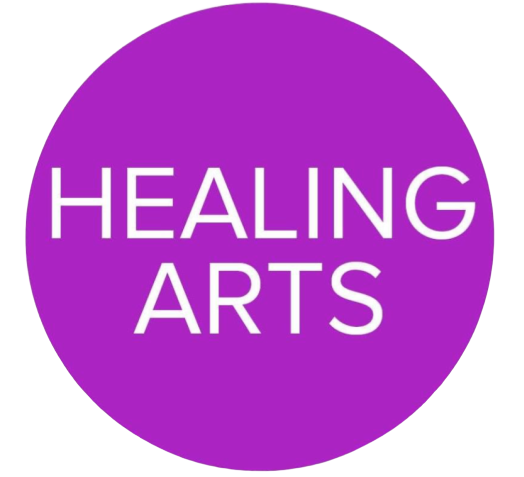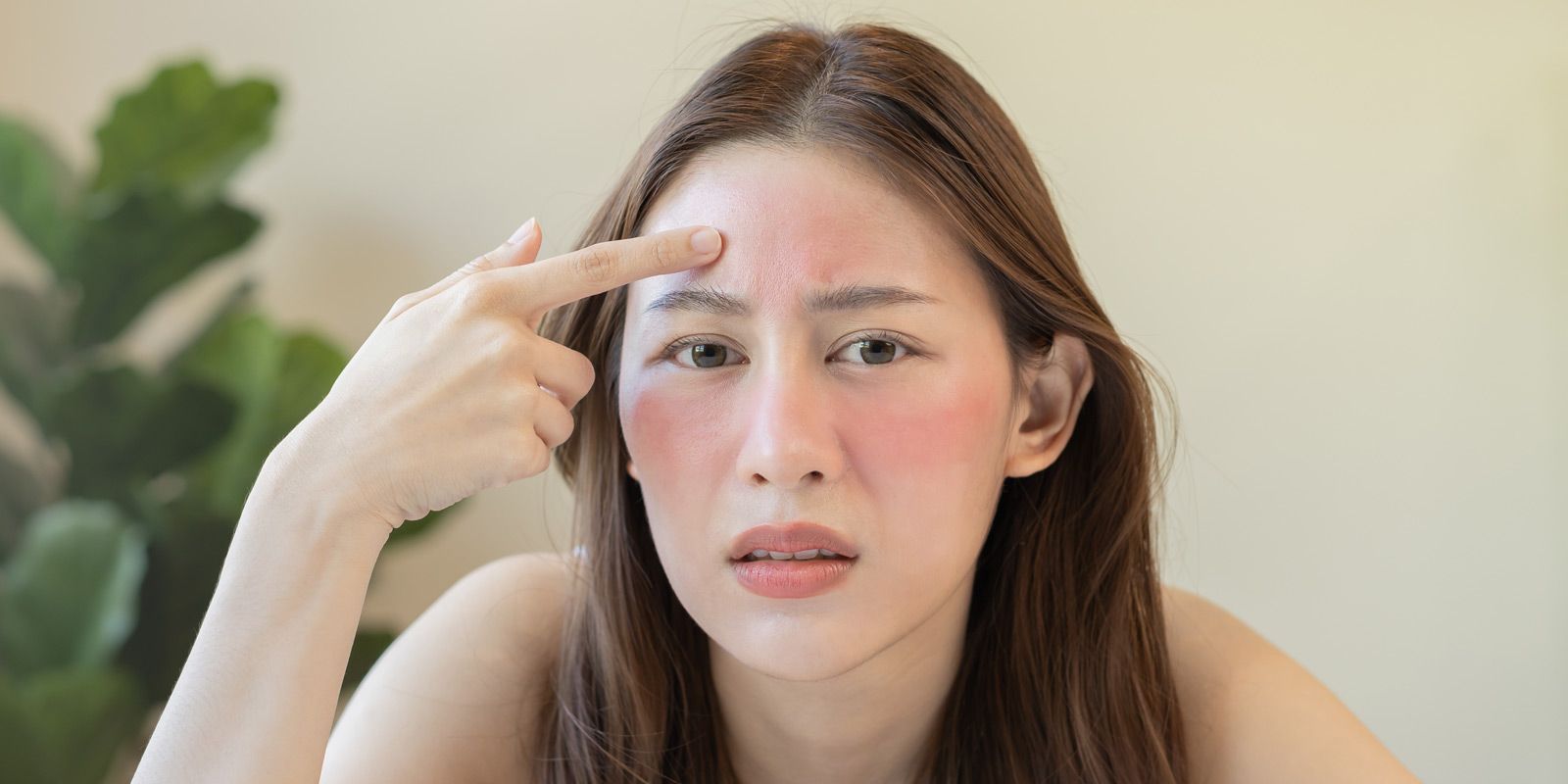Allergy Relief NYC - Dr. Alicia Armitstead
"Untreated allergies can also increase your risk of developing other allergic conditions, such as eczema, hives, angioedema, or contact dermatitis. They can also affect your mental health, causing stress, anxiety, depression, or insomnia."
-Dr. Alicia Armitstead
Natural Remedies for Allergies at the Healing Arts NYC Health and Wellness Center in Manhattan NY 10017vand Connecticut
What Are Allergies?
Allergies are overreactions of the immune system to either a food, environment or other substances. It is caused by the body producing excessive amounts of Immunoglobin E antibodies to fight allergens. Common symptoms of allergies include a runny or stuffy nose, sneezing, itchy eyes, coughing, chest tightness, and hives. Types of allergies can be divided into two major categories food allergies and environmental allergies.
- Food allergies are reactions of the immune system to certain food items. Common food allergies include those to peanuts, tree nuts, eggs, milk, shellfish, soy, wheat, and fish.
- Environmental allergies are triggered by exposure to outdoor or indoor allergens such as pollen, pet dander, cockroach droppings, and mold. Common environmental allergies include allergic rhinitis, also known as hay fever, and asthma.
Allergy Symptoms
Allergy symptoms are the signs that your body is having an abnormal reaction to a foreign substance called an allergen. Allergens can be anything that triggers your immune system to produce antibodies that attack the allergen. Some common allergens are pollen, dust mites, animal dander, mold, foods, medications, insect stings, latex, and chemicals.
Allergy symptoms can vary depending on the type of allergen, the amount of exposure, and the sensitivity of the person. Some people may have mild symptoms that are easily managed with over-the-counter medications or home remedies. Others may have severe symptoms that require emergency medical attention or long-term treatment. Some of the common allergy symptoms are:
- Sneezing: This is a reflex action that helps clear your nose of irritants such as dust or pollen. Sneezing can also be triggered by cold air, strong smells or spicy foods.
- Runny nose: This is when your nose produces excess mucus to flush out allergens or infections. A runny nose can also cause nasal congestion, which is when your nasal passages become swollen and blocked.
- Itchy eyes: This is when your eyes become red, watery, and irritated by allergens such as pollen, dust mites, or animal dander. Itchy eyes can also cause swelling, burning, or discharge.
- Watery eyes: This is when your eyes produce tears to wash away allergens or irritants. Watery eyes can also be caused by dryness, infection, or injury.
- Hives: These are raised, red, itchy bumps on your skin that can appear anywhere on your body. Hives are caused by an allergic reaction to something you ate, touched, or inhaled. Hives can also be triggered by stress, heat, or cold.
- Rash: This is a general term for any change in the color, texture, or appearance of your skin. A rash can be caused by an allergic reaction to something you ate, touched, or inhaled. A rash can also be caused by infection, irritation, or disease.
- Swelling: This is when a part of your body becomes larger than normal due to fluid buildup. Swelling can be caused by an allergic reaction to something you ate, touched, or inhaled. Swelling can also occur as a result of injury, infection, or inflammation.
- Difficulty breathing: This is when you have trouble getting enough air into your lungs due to narrowing your airways. Difficulty breathing can be caused by an allergic reaction to something you ate, touched, or inhaled. Difficulty breathing can also be caused by asthma, bronchitis, pneumonia, anxiety, or panic attacks.
- Anaphylaxis: This is a severe and potentially life-threatening allergic reaction that affects multiple organs and systems in your body. Anaphylaxis can be caused by an allergic reaction to something you ate, touched, or injected. Anaphylaxis can also be triggered by exercise, cold, or stress. Some of the signs and symptoms of anaphylaxis are:
- Loss of consciousness
- Drop in blood pressure
- Severe shortness of breath
- Skin rash
- Lightheadedness
- Rapid, weak pulse
- Nausea and vomiting
If you experience any signs or symptoms of anaphylaxis, you should seek emergency medical help immediately.
Allergy Causes
Allergies are abnormal reactions of the immune system that occur when it encounters a foreign substance called an allergen. Allergens can be anything that triggers an allergic response, such as foods, medications, animals, plants, insects, latex, and chemicals. Allergies are very common and affect millions of people worldwide. They can cause various symptoms depending on the type and severity of the reaction.
The causes of allergies are not fully understood, but they involve both genetic and environmental factors. Some people may inherit a tendency to develop allergies from their parents, but not necessarily to the same allergens.
The immune system of people with allergies produces antibodies that identify a particular allergen as harmful, even though it is not. These antibodies attach to special cells called mast cells that release histamine and other chemicals when they encounter the allergen. These chemicals cause inflammation and irritation in different parts of the body.
The type and amount of exposure to an allergen can also influence how a person reacts to it. Some people may have mild symptoms that only occur after repeated or high-level exposure to an allergen. Others may have severe symptoms that occur after a single or low-level exposure to an allergen. Some people may develop new allergies over time or outgrow old ones. Some factors that can increase the risk of developing allergies are:
- Having a family history of allergies or asthma
- Having other allergic conditions such as eczema or hay fever
- Being exposed to certain infections or parasites in early childhood
- Living in urban areas with high levels of pollution or allergens
- Having a weakened immune system due to illness or medication
Leaving Allergies Untreated
When allergies are untreated, they can lead to various complications that can affect your health and quality of life. Some of these complications are:
- Sinusitis: This is an inflammation of the sinuses, which are air-filled cavities in the skull that connect to the nose. Sinusitis can cause symptoms such as nasal congestion, pain, pressure, headache, fever, and yellow or green discharge. Sinusitis can be caused by bacterial or fungal infections that result from untreated allergies.
- Otitis media: This is an inflammation of the middle ear, which is the space behind the eardrum that contains tiny bones and nerves. Otitis media can cause symptoms such as ear pain, hearing loss, fever, and fluid drainage. Otitis media can be caused by bacterial or fungal infections that result from untreated allergies.
- Asthma: This is a chronic condition that affects the airways in the lungs, making them narrow and inflamed. Asthma can cause symptoms such as coughing, wheezing, chest tightness, and shortness of breath1. Asthma can be triggered or worsened by untreated allergies.
- Anaphylaxis: This is a severe and potentially life-threatening allergic reaction that affects multiple organs and systems in the body. Anaphylaxis can cause symptoms such as loss of consciousness, drop in blood pressure, severe shortness of breath, skin rash, lightheadedness, rapid, weak pulse, nausea, and vomiting.
Untreated allergies can also increase your risk of developing other allergic conditions, such as eczema, hives, angioedema, or contact dermatitis. They can also affect your mental health, causing stress, anxiety, depression, or insomnia.

Contact Dr. Alicia Armitstead of Healing Arts NYC for Natural Relief of Allergic Symptoms
Muscle testing is a method of diagnosing allergies based on the idea that exposure to an allergen causes a temporary weakness in a specific muscle. It is based on the holistic principle that each organ and system in your body is connected to a particular muscle.
When an allergen stresses an organ or system, it causes a corresponding weakness in its related muscle. Dr. Armitstead can identify which organs or systems your allergies affect by testing different muscles and treating them with natural remedies.
Please contact us today!
Additional References
- Allergies - Symptoms and Causes - Mayo Clinic
- Allergies: What are the Symptoms and Types? - WebMD



